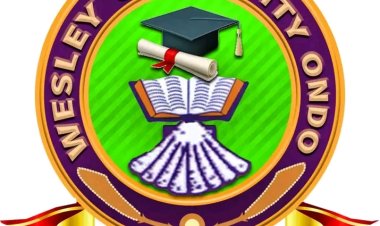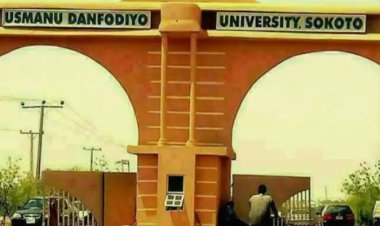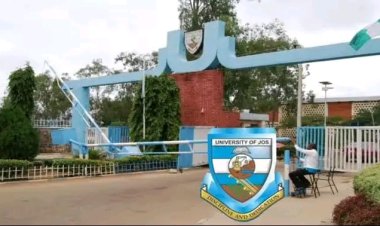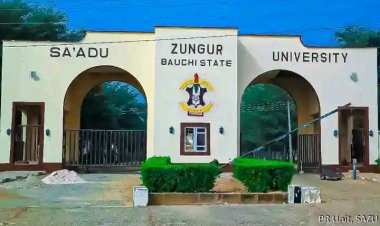FULafia Conference: scholars advocate inter-disciplinary approach to development
FULafia Conference: scholars advocate inter-disciplinary approach to development
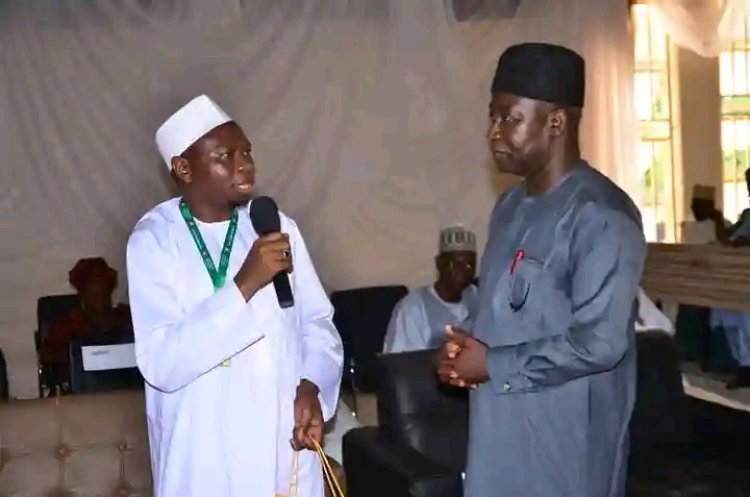
Scholars have advocated the need for inter-disciplinary approach to address the current global socio-economic challenges and achieve sustainable human development.
Read Also: Nasarawa State Governor visits FULafia, promises improved security presence
This advocation was made by scholars, from the science and humanities, during the Third International Annual Conference of the Federal University of Lafia (FULafia).
See Also: FULafia Health Service Presents Breast & Cervical Cancer Awareness and Screening Seminar
The conference which had the theme: “Science and Humanities: Bridging the Divide for Human Development” was held at the Mallam Adamu Adamu Office and Lecture Complex, Permanent Site Campus of the University.
Read Also:GOMSU 10th,11th,12th & 13th combined Convocation Ceremony
In their presentation, Ponchang Wuyep, a professor of biotechnology from the University of Jos, and Professor Emmanuel Dandaura Samu, the Director Institute of Strategic and Development Communication from Nasarawa State University Keffi (NSUK), stated that the basic social challenges of the society such as diseases, poverty, poor water supply, bad economy, roads, healthcare services, food insecurity and environmental degradation required collaborative efforts of scholars and researchers across different disciplines to work together with a view to finding solutions to problems.
Professor Wuyep, who spoke from the science point of view, argued that science has helped in curbing some societal challenges, saying that science has made it possible for remote communities to have access to useful information, technologies and assisted rural communities to have access to education through e-learning, better healthcare services and made the world a global village.
Wuyep called for more international collaboration and investment for science to thrive.
In his presentation, Professor Emmanuel Dandaura Samu, who spoke from the humanities perspective with the theme: “Cultural and Creative Industries and The Future of Africa,” said that culture and creative industries generate wealth and employment for especially young people.
He listed the lack of mobility of cultural and creative industries (CCIs) services and provisions, the absence of reliable cultural data to aid planning, limited cultural and creative industries (CCIs) infrastructure decifit, poor access to global market, insufficient implementation of intellectual property rights and gaps in skills as some of the challenges of the industry.
He, therefore, called on researchers and governments to work together to address the challenges.

 UmarFarouk123
UmarFarouk123 
